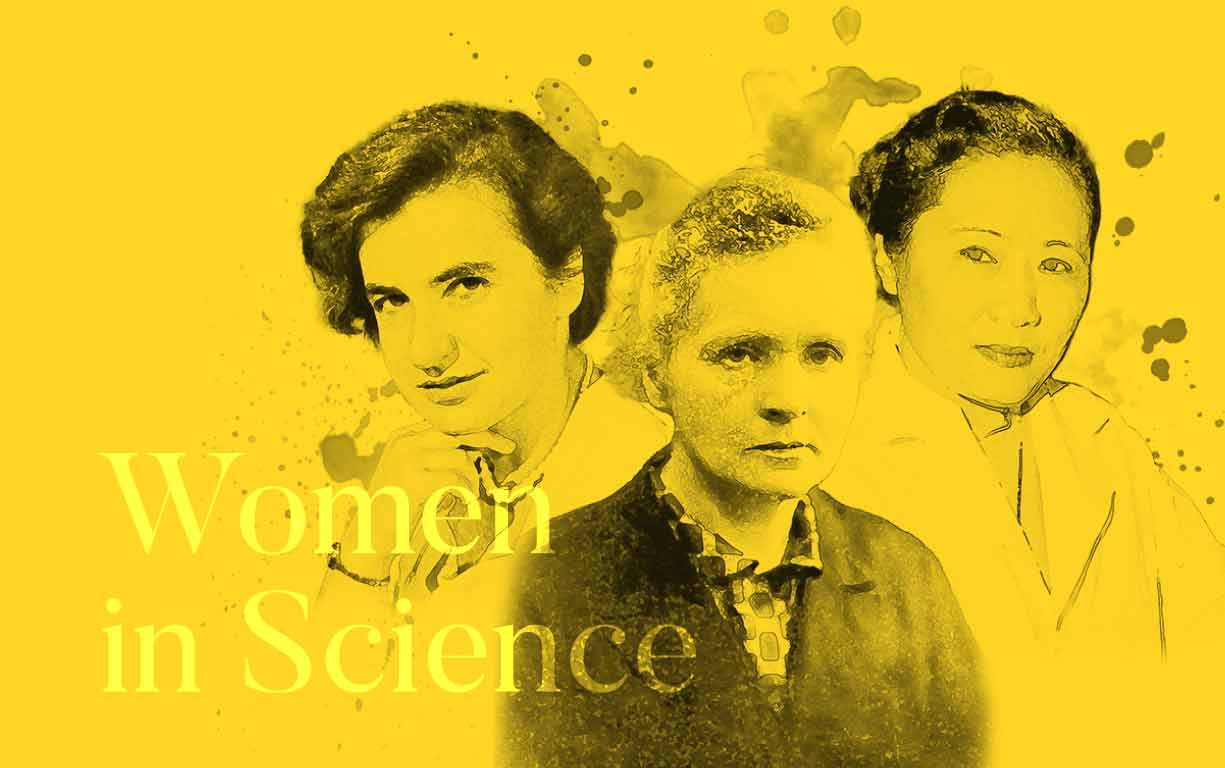February 11th marks the International Day of Women and Girls in Science, an occasion where we recognise and celebrate the Women throughout history who have defied societal norms and made ground-breaking discoveries, carving pathways for female scientists of the future.
In this blog post, we’re highlighting five inspirational women whose scientific achievements have changed the world we know today.
1. Rosalind Franklin (1920–1958)
Rosalind was a pioneering chemist whose work on X-ray diNraction played a crucial role in the discovery of the DNA double helix.
Despite facing gender discrimination, Franklin’s ground-breaking photographs of DNA’s structure provided critical insights during the development of the double helix model.
2. Marie Curie (1867–1934)
As a trailblazing physicist and chemist, Marie Curie was the first woman to win a Nobel Prize and remains the only person to have received Nobel Prizes in two diNerent scientific fields.
In 1903, she shared the Nobel Prize in Physics with her husband for their ground- breaking work on radioactivity.
In 1911, she received the Nobel Prize in Chemistry for her discovery of the elements Radium and Polonium.
3. Chein-Shiung Wu (1912–1997)
Known as the ‘First Lady of Physics,’ Chien-Shiung Wu made significant contributions to the field of nuclear physics.
During WW2, she worked on the Manhattan projects. Later, she conducted the famous ‘Wu Experiment,’ disproving the law of conservation of parity and earning her colleagues the Nobel Prize, although she was not included as a laureate.
Though a victim of sexism within her field, Wu’s pioneering experiments are now globally recognised and celebrated, having paved the way for advancements in particle physics.
4. Rita Levi-Montalcini (1909–2012)
Rita Levi-Montalcini won the Nobel Prize in Physiology/Medicine in 1986 for her discovery of the nerve growth factor (NGF).
During her time, Rita faced discrimination as a Jewish woman in Italy during WW2, however she continued to push forward as a prominent figure in Italian politics, and an active researcher and mentor. Her work has since paved the way for advancements in neuroscience, and her resilience in the face of adversity serves as an inspiration to many.
5. Ada Lovelace (1815–1852)
Often regarded as the world’s first computer programmer, Ada Lovelace worked with Charles Babbage in the 19th century on Analytical Engines, creating what is now considered the first algorithm intended for implementation on a machine. Lovelace’s Visionary work laid the foundation for the development of modern computer programming, earning her the title of “The Enchantress of Numbers”.












